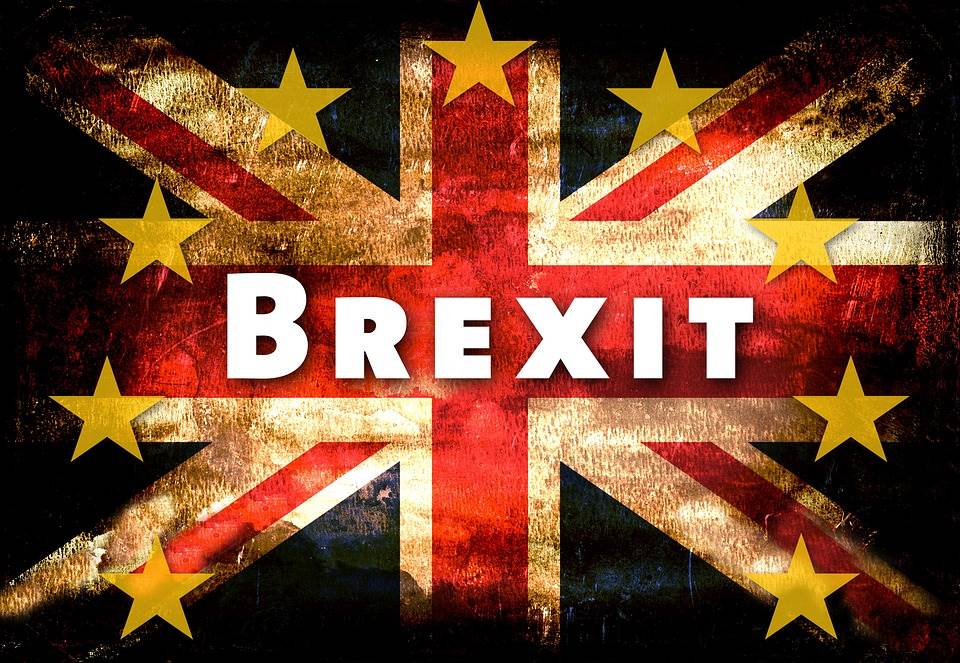 Boris Johnson was going to go “the extra thousand miles” to get a deal with the EU. Then he was not planning to meet EU leaders unless the “undemocratic” Irish backstop agreement was scrapped first. Now Mr Johnson is meeting (yesterday) with the leaders of Germany and (today) France for talks ahead of this week’s G7 meeting in Biarritz, France and, of course, the subject of Brexit is inescapable.
Boris Johnson was going to go “the extra thousand miles” to get a deal with the EU. Then he was not planning to meet EU leaders unless the “undemocratic” Irish backstop agreement was scrapped first. Now Mr Johnson is meeting (yesterday) with the leaders of Germany and (today) France for talks ahead of this week’s G7 meeting in Biarritz, France and, of course, the subject of Brexit is inescapable.
In his meeting with the German Chancellor, Angela Merkel yesterday there was what sections of the UK press have been quick to hail as a breakthrough. Mrs Merkel was making the point that the backstop was a placeholder agreement that need never be implemented if a solution is found during the transitional period that would protect the integrity of the single market (this would require a much closer union with the EU than the present UK government could ever countenance) during their joint press conference. Mrs Merkel said: “If one is able to solve this conundrum, if one finds this solution, we said we would probably find it in the next two years to come but we can also maybe find it in the next 30 days to come. Then we are one step further in the right direction and we have to obviously put our all into this”.
Mr Johnson seized on this as the opportunity he had been looking for (is it possible that he genuinely thinks “maxfac” could work?), stating: “You rightly say the onus is on us to produce those solutions, those ideas, to show how we can address the issue of the Northern Irish border and that is what we want to do. I must say I am very glad listening to you tonight Angela to hear that at least the conversations that matter can now properly begin. You have set a very blistering timetable of 30 days - if I understood you correctly, I am more than happy with that.”
One can perhaps, on the face of it, see why the pro-Brexit elements of the British press think this is a concession, but it is more trap than prize. The EU and the May government looked at all of the existing technologies and schemes that could be used to obviate the need for border checks and found them lacking. Johnson has now accepted a challenge to provide a working model (to the EU’s satisfaction) in just 30 days. This is going to make it much harder to sell the idea that a “no deal” Brexit is being forced on the UK by the intransigence of Brussels.
Realists have been quick to point out that there is not a single international border in the world (between nations outside of a trading bloc such as the EU’s single market) that utilises the technologies Johnson envisages. Since such technology, if viable, would facilitate trans-national goods shipment, reducing cost and time, were such a possibility to exist, it would already have been adopted somewhere. Mr Johnson now has 29 days to find his unicorn…
